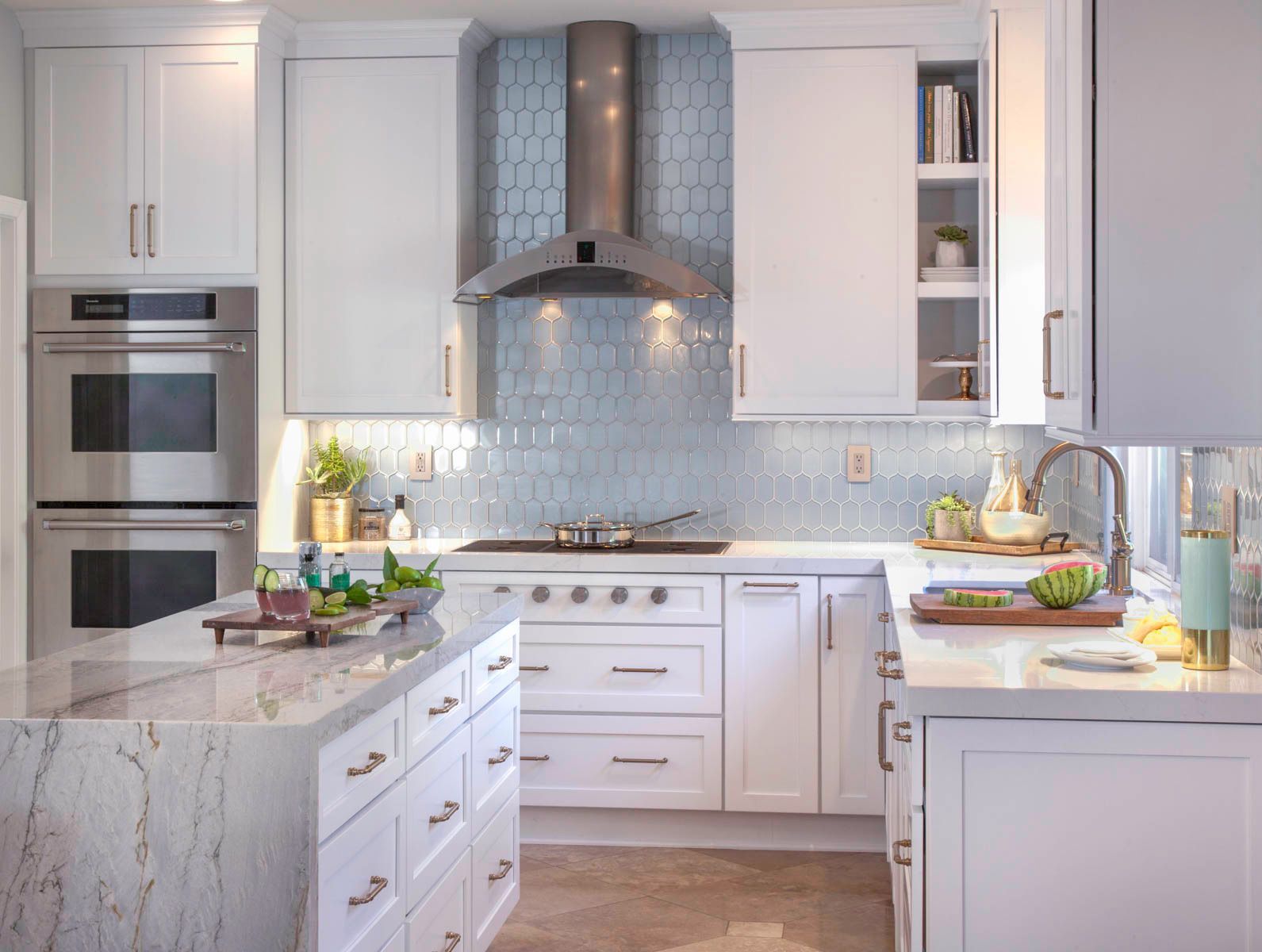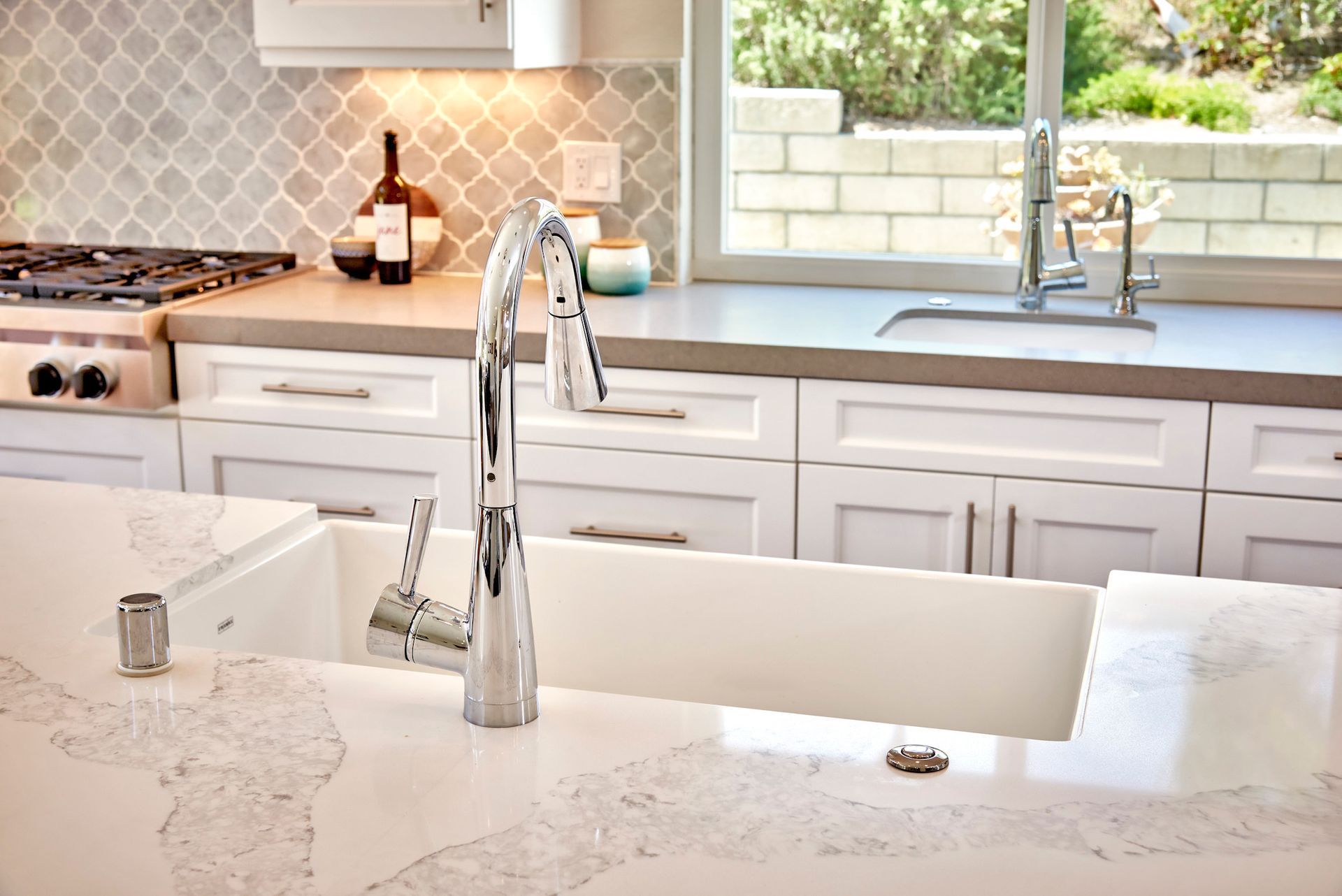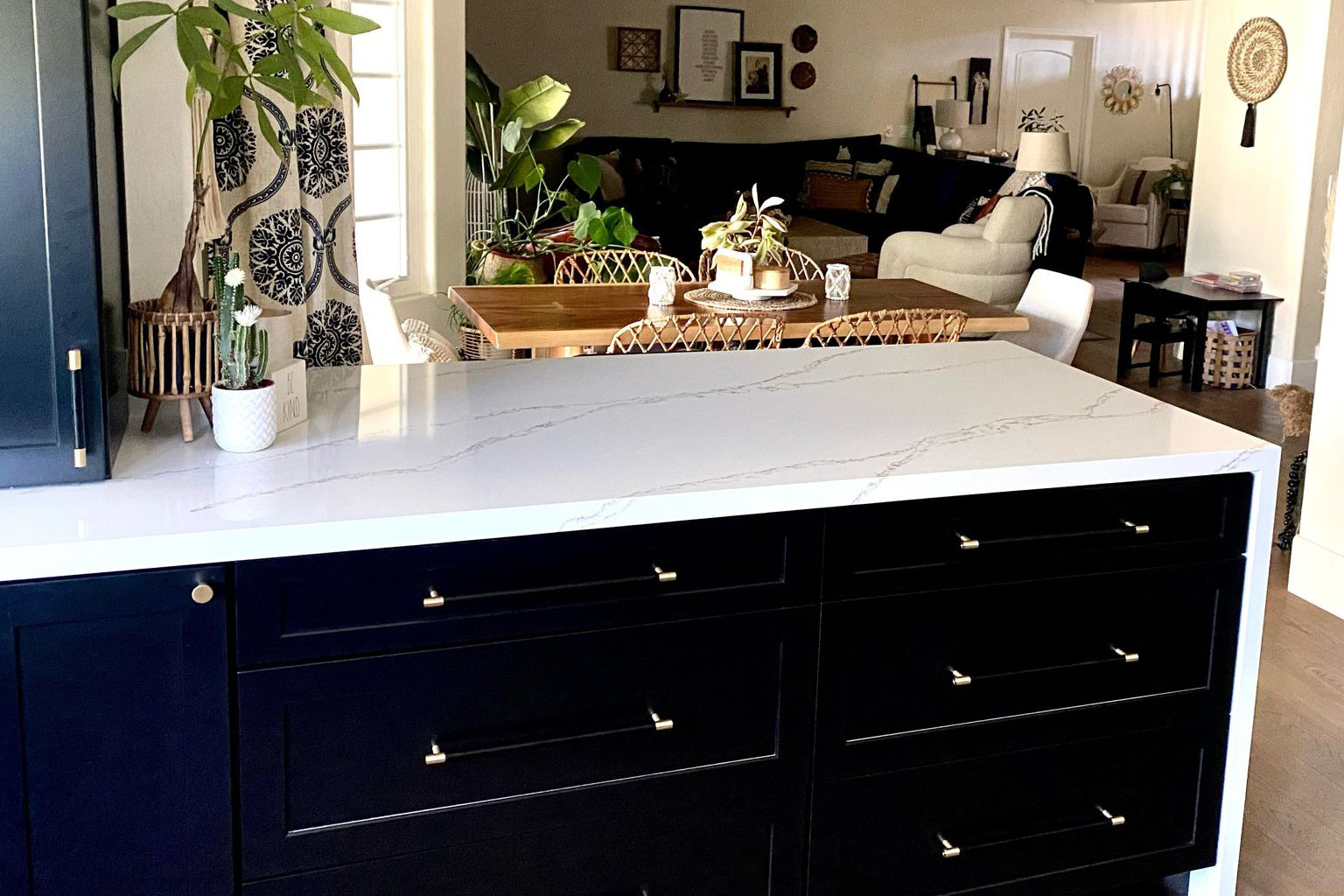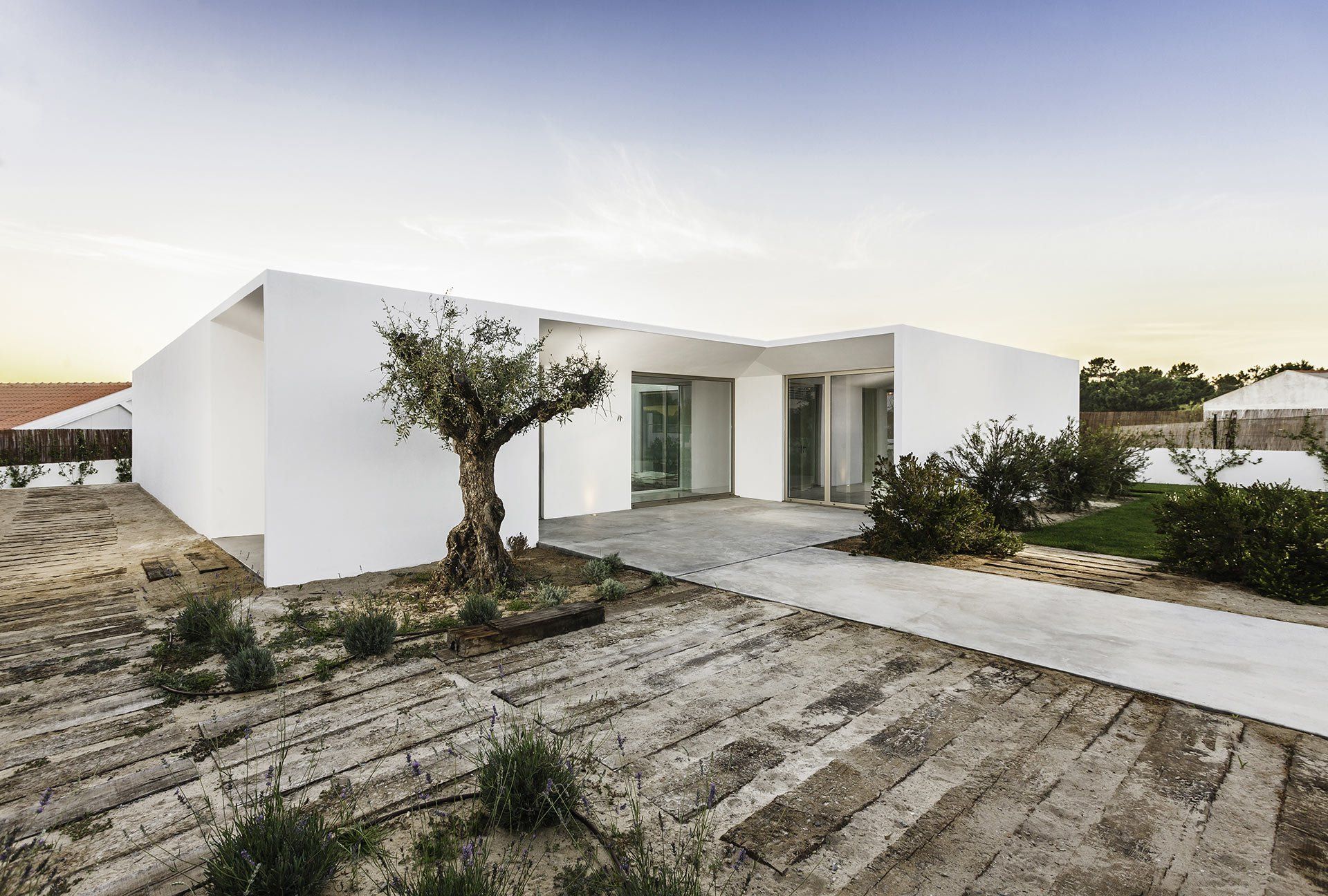Guide to Selecting the Perfect Stone for Your Climate
When choosing natural stone for your home, it’s easy to focus on aesthetics and durability—but have you considered how climate plays a role in your selection? Weather conditions can impact the longevity and performance of stone surfaces, indoors or outdoors. Understanding how stone interacts with your local climate can help you make an informed decision, ensuring your investment remains beautiful and functional for years.
How Climate Affects Stone Selection
Stone is one of the most durable building materials available, but different types react uniquely to environmental factors. Heat, moisture, freeze-thaw cycles, and humidity influence how well your stone holds up. Choosing the right stone for your climate can prevent cracking, fading, erosion, or staining.
Let’s explore the best stone options based on different climate conditions.
Best Stones for Hot and Dry Climates
If you live in an area with high temperatures and intense sunlight, such as Southern California, Arizona, or Texas, you’ll want a stone that can withstand heat without fading or becoming too hot.
Recommended Stones:
✔
Granite: Naturally heat-resistant and less likely to fade in direct sunlight.
✔
Travertine: Stays cool underfoot, making it ideal for patios and pool decks.
✔
Quartzite: Resistant to UV rays and high temperatures, making it perfect for outdoor kitchens and countertops.
Avoid:
🚫 Dark-colored marble or soapstone—these materials can absorb heat, making them uncomfortable to touch.
Additional Tips:
✅ Opt for a lighter-colored stone to reflect heat.
✅ Use a honed or textured finish to prevent surfaces from becoming too slippery in dry conditions.
✅ Consider sealing the stone to reduce the risk of discoloration from prolonged sun exposure.
Best Stones for Cold and Freezing Climates
Choosing the right stone is crucial to prevent cracking and deterioration if you live in a region with harsh winters and frequent freeze-thaw cycles, such as the Midwest or Northeast.
Recommended Stones:
✔
Granite: Extremely durable and resistant to frost damage.
✔
Slate: Naturally resistant to freezing temperatures and won’t easily crack.
✔
Limestone (Dense Varieties): Can work well if properly sealed and maintained.
Avoid:
🚫
Soft or porous stones like sandstone—they absorb water and can crack when frozen.
🚫
Polished finishes—these surfaces can become dangerously slippery when icy.
Additional Tips:
✅ Ensure proper sealing to prevent moisture absorption.
✅ Use a textured finish to add traction in icy conditions.
✅ Choose thicker stone slabs for outdoor applications to withstand extreme temperature shifts.
Best Stones for Humid and Rainy Climates
Selecting a non-porous and mold-resistant stone is essential in coastal or tropical climates, such as Florida or the Pacific Northwest, where moisture and humidity are constant.
Recommended Stones:
✔
Porcelain (Outdoor-Rated): Impervious to moisture, mold, and mildew.
✔
Quartzite: Highly resistant to water damage and staining.
✔
Dense granite: Offers excellent resistance to moisture with proper sealing.
Avoid:
🚫 Unsealed marble or limestone—these stones are prone to water absorption, leading to mold and stains.
Additional Tips:
✅ Seal porous stones regularly to prevent moisture penetration.
✅ Ensure proper drainage in outdoor areas to avoid standing water.
✅ Choose a slip-resistant finish for safety in wet conditions.
Best Stones for Moderate Climates
If you live in an area with mild, balanced weather—such as California’s coastal regions—you have more flexibility in stone selection. However, it’s still important to consider how your stone will interact with occasional rain, heat, and humidity.
Recommended Stones:
✔
Marble: Works well indoors but should be sealed if used outdoors.
✔
Granite: A safe, all-weather choice for interior and exterior use.
✔
Travertine: Great for patios and walkways, as it doesn’t absorb heat excessively.
Additional Tips:
✅ Use a combination of stone types for different applications—granite for high-use areas, marble for aesthetics, and travertine for outdoor spaces.
✅ Maintain a regular cleaning and sealing schedule to keep surfaces in top condition.
Final Thoughts: Choosing the Right Stone for Your Climate
Selecting the perfect stone for your home isn’t just about style—it’s about ensuring long-term durability in your specific environment. By considering the impact of heat, cold, moisture, and overall climate conditions, you can make an informed decision that enhances your home’s beauty while enduring the elements.
If you need expert advice on selecting and installing the best stone for your climate, Blackstone Granite & Marble is here to help. Our team specializes in fabricating and installing high-quality natural stone, quartz, and porcelain, ensuring that your investment lasts for years to come. Contact us today to explore the best options for your space!




LOCATION
Showroom and Indoor Slab Yard
921 Poinsettia Ave Suite 7
Vista, CA 92081
Entrance (Grand Ave)
SHOWROOM HOURS
Monday – Friday: 8:30am to 5:30pm
Saturday: 10am to 3pm
REMNANT YARD
Monday – Friday: 11am - 3pm
by Appointments Only
© 2024 All Rights Reserved | Blackstone Granite & Marble Inc. | Website Design by GoBeRewarded






